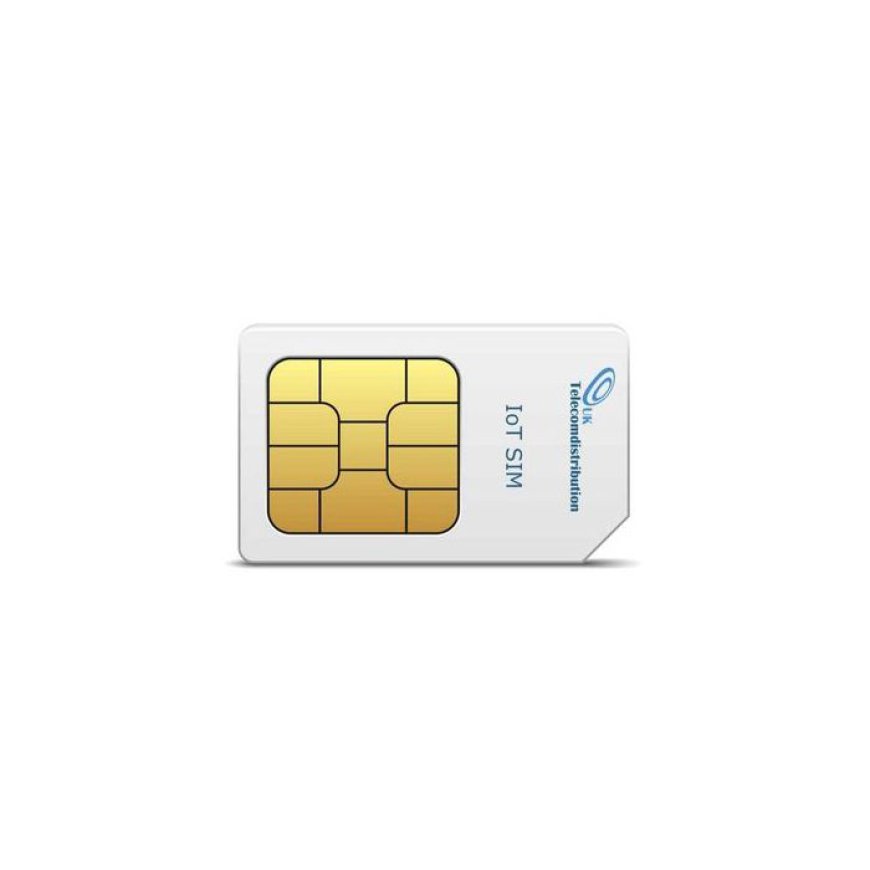How to Use VPNs for Safer Mobile Browsing on Public Networks
Learn how to use VPNs to protect your data and ensure secure mobile browsing on public networks. This will help you avoid cyber threats and keep your information private while traveling.
Public Wi-Fi networks are a convenient way to stay connected while traveling, but they often come with security risks. Hackers can exploit unsecured networks to intercept personal data such as passwords, credit card details, and sensitive messages. One effective way to protect your mobile browsing activities is by using a Virtual Private Network (VPN). In this article, we’ll explore how VPNs work, their benefits, and how you can use them to stay safe on public networks.
1. How VPNs Protect Your Data
A VPN establishes an encrypted connection between your device and the internet, creating a secure "tunnel" for your data. This encryption prevents third parties from intercepting or reading your information, even on unsecured public Wi-Fi networks.
- VPNs mask your IP address, making it difficult for hackers or advertisers to track your online activities.
- They ensure that even if someone accesses the network you're connected to, your data remains hidden and protected.

2. Choosing the Right VPN Service
There are many VPN providers available, but it’s essential to select one that offers robust security features and is compatible with mobile devices. Key features to look for include:
- Strong encryption protocols (like AES-256) for optimal security.
- No-log policies to ensure your data isn’t stored or shared by the provider.
- Fast servers in multiple countries to minimize connection slowdowns.
A reliable VPN service ensures that you can use banking apps, access email, or browse the internet safely, even on public Wi-Fi at airports or hotels.
3. Setting Up and Using a VPN on Mobile Devices
Using a VPN on your mobile device is straightforward, and most services offer apps for both Android and iOS. Here's a quick setup guide:
- Download the VPN app from the provider's website or app store.
- Create an account and log in to the app.
- Select a server location, preferably one close to your current location for faster speeds.
- Connect to the VPN before accessing public Wi-Fi networks.
Ensure the VPN app is configured to connect automatically when your phone detects an unsecured network.
4. When to Use a VPN for Mobile Browsing
While VPNs are essential for public Wi-Fi, there are other scenarios where they provide valuable protection:
- Accessing geo-restricted content: A VPN allows you to bypass location-based restrictions and access content from your home country.
- Securing mobile banking: Even on mobile networks, using a VPN adds an extra layer of security for financial transactions.
- Protecting your identity abroad: When traveling, using a VPN prevents websites and apps from identifying your location based on your IP address.
For travelers relying on the emergency Lift Line SIM card, using a VPN ensures secure browsing across different networks without worrying about local restrictions or vulnerabilities.
5. Tips for Maximizing VPN Security
- Keep your VPN app updated to ensure you have the latest security features.
- Enable a kill switch (if available) to block internet access if the VPN connection drops unexpectedly.
- Use multi-factor authentication (MFA) on sensitive accounts for additional security.
Pairing a VPN with good browsing habits, such as avoiding suspicious links and using secure websites (HTTPS), further enhances your online safety.
Conclusion
VPNs are essential tools for safer mobile browsing on public networks, protecting your data from hackers and ensuring privacy. They encrypt your connection, mask your IP address, and provide access to restricted content. Travelers who combine a VPN with tools like the emergency Lift Line SIM card can enjoy continuous, secure browsing across multiple networks.
By following the steps outlined in this article, you can browse confidently and safely, whether on public Wi-Fi or mobile networks, knowing that your personal information is protected.

 holiday__eSim
holiday__eSim